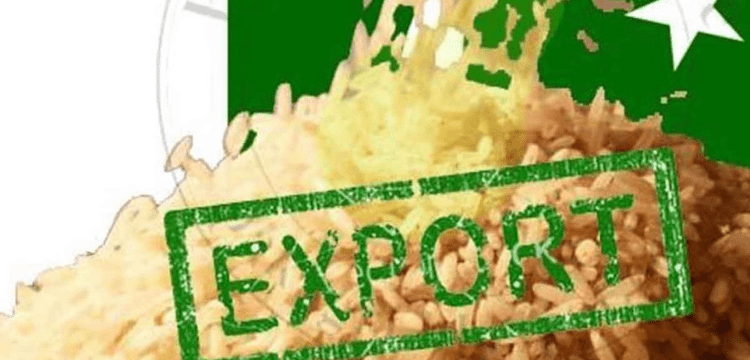[vc_row][vc_column][vc_column_text dp_text_size=”size-4″]ISLAMABAD: In the first seven months of the current fiscal year, Pakistan’s exports of rice experienced a negative growth of 15.82%, primarily as a result of the paddy fields in Sindh being destroyed by floods. From July through January of this year, the overall value of rice exports decreased to $1.08 billion from $1.28 billion in the comparable months of last year. The under-invoicing of rice to Afghanistan and Iran under the barter trade system is one of the key causes of the standstill in export earnings, especially for basmati rice.
Chela Ram Kewlani, the chairman of the Rice Exporters Association of Pakistan (Reap), informed Dawn that basmati rice exports to Iran and Afghanistan were not included in the figures provided by the Pakistan Bureau of Statistics (PBS). He claimed that Sindh had seen a 40% decrease in the yield of long-grain white rice (not basmati rice).
Mr. Kewlani asserted that the drop in shipments of non-basmati is legitimate as a result of this production loss. He disagreed, however, with government statistics that indicated a decrease in the value and volume of basmati exports. According to PBS data, basmati exports decreased by 22.95 percent to 316,055 tonnes in 7MFY23 from 410,207 tonnes in the same months of the previous year.
Exports of non-basmati rice decreased by 24.94% to 1.62 million tonnes in 7MFY23 from 2.17 million tonnes in the same months of the previous year. In spite of a significant drop in exports, basmati and non-basmati prices rose unpredictably on the domestic market. Following a slump in the real estate market, people have invested money to store food, according to REAP Senior Vice Chairman Haseeb Khan.
He said that rising domestic prices were a result of negative carry-forward rice stocks over the previous few years. Due to a slowdown in other sectors, particularly real estate, rice has turned out to be a successful industry for investors.
Mr. Khan claimed that basmati rice is mistakenly labelled as low-quality rice when it is exported to Iran and Afghanistan. He continued by saying that at border stations, not even the amount of rice is stated. He added that Pakistan’s customs should investigate the understatement of the value and type of rice being exported to these two nations.
[/vc_column_text][/vc_column][/vc_row]











